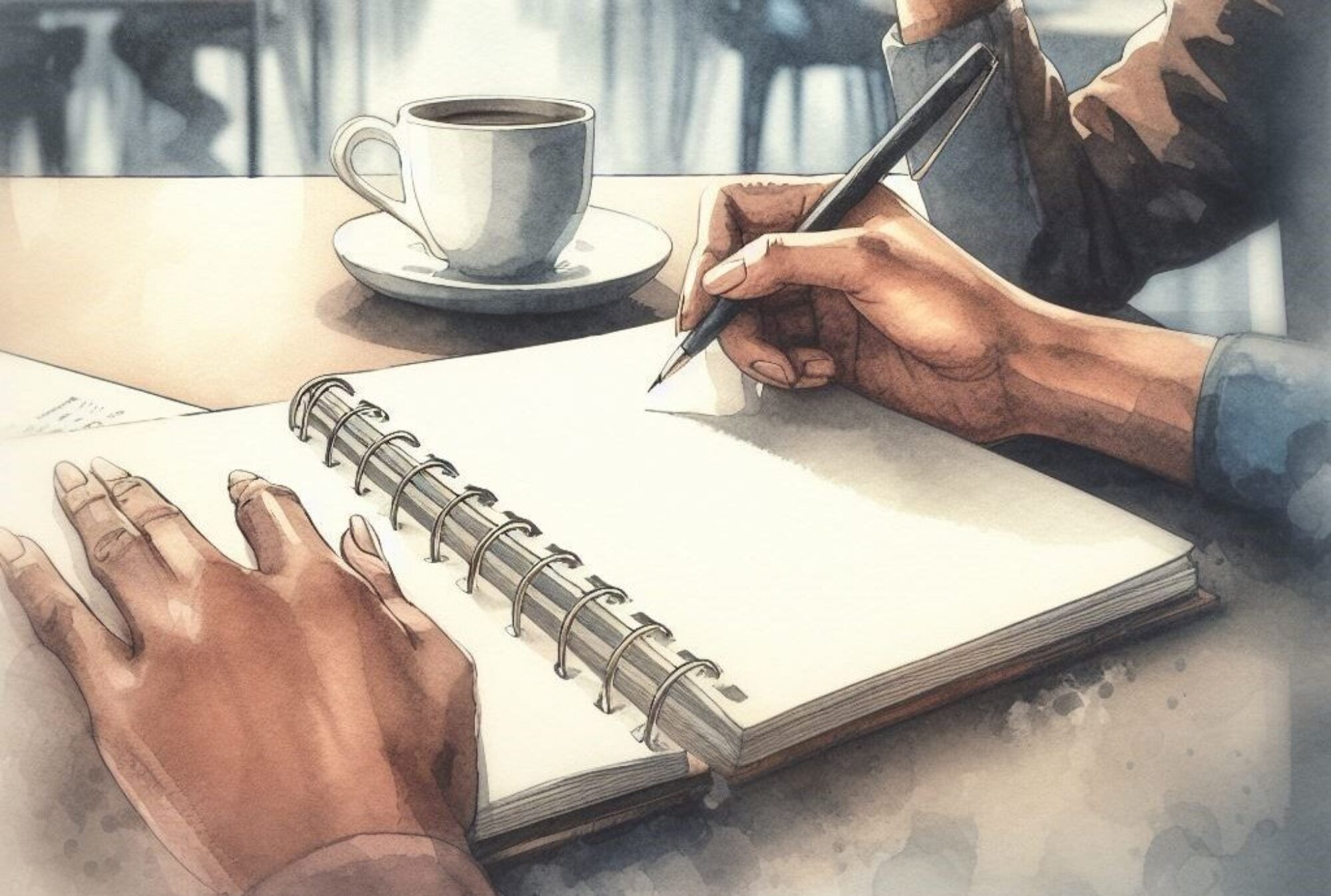By Carol H Cox

Credit cards are a fact of life for many young adults. They make paying for things more convenient, they can be used to build good credit (or bad), they can be used to make purchases in most places, and they can be welcome resources in an emergency.
In short, they can be very valuable, and a lot of college students have them. (Based on a recent FICO study, 67% of 18 to 24 year-olds have credit cards.) But in order for credit cards to be a positive rather than a negative factor in a young adult’s life, they need to be cared for carefully. You don’t want to take them for granted.
Just like a car, they have to be regularly maintained. If you had an auto and didn’t maintain it, failed to give it regular oil changes and tune-ups, eventually the vehicle would cease to run. After a while it wouldn’t be safe to drive, and one day it would leave you in the lurch somewhere.
Credit cards are the same way—if you neglect them, they can make your life miserable.
Here is important information you’ll want to know:
Reading Your Credit Card Statement Online
If you’re a college student living the itinerant life, you’re probably use to handling much of your business online. Most credit card companies allow you to access your statements online and to pay your monthly bill there.
If you choose to pay your bill through the credit card company website, you’ll need to set up an account. The account setup requires you to provide personal identifying information, your account number, and to select a user name and password.
When you’ve logged onto your account at your credit card issuer’s website, there are four key pieces of information about your account that you want to look for:
1) The due date – this is when the credit card company needs to have received payment by in order for the payment to be considered paid on time. (If you make your payment late, you will normally be charged a penalty fee—maybe $35—and interest charges will begin to accumulate. And if you’re delinquent 30 days or more, it will likely negatively impact your credit score.)
2) The last statement balance – this is the total amount outstanding on your account as of the statement closing date (cutoff date). It includes any prior unpaid balance, plus fees, and new purchases up through the statement closing date.
3) The Current Balance – reflects the outstanding balance (everything owed) on the card up through the current date.
4) Minimum payment due – this is the portion of your balance that you are required to pay, which is usually less than the statement balance. If you pay the minimum and it is less than the statement balance, then you will be charged interest on the current balance on your card. (Hint: It’s best to pay the full amount billed on your credit card account every month, so you don’t start accumulating a growing balance and accumulating interest charges.)
Somewhere on the card company’s website there should be a link for making payments. The time of day you initiate the payment and the account you’re pulling funds from to make the payment, will determine when the payment will post (the date it is recorded as paid).
Paying Your Credit Card Bill
You can typically pay your credit card bill through your credit card issuer’s website. If you go this route, you initiate the payment yourself every month through the website, or you may also have the option of setting up automatic payment through the website for a given date every month.
Making payments online through your banking institution is another easy option. Many banks and credit unions provide customers with online access to their accounts and allow customers to set up online bill paying, usually for free. If you chose this route to pay your card bill, you would provide your credit card account name and number to allow your financial institution to transfer money from your banking account to your credit card company for payment. You can set this up for automatic monthly payment, or you can initiate the payment online yourself every month.
Whichever online payment method you choose, it’s important to have payments made a few days prior to the due date to ensure that they post early enough to be recorded as received on time. (The transaction may take a couple of days to be processed by your banking institution, so give yourself a few days cushion.)
You can also usually customize your credit card account online and find other useful information.
Choosing a Preferred Billing Date
Some credit card issuers will allow you to choose the monthly due date of your bill. So if you regularly receive a paycheck by a certain date, you can choose to be billed after that particular date. Another consideration in choosing a due date might be to avoid having all of your monthly bills due in the same short time period. (You can also call your card issuer to request a due date—find the number on the back of your card.)
Setting up Automatic Payment
Another feature often offered online by card companies is the ability to pay your credit card bill automatically from your checking account. This is best scheduled for a few days before the monthly payment due date to ensure that your payments are never late (provided you keep a sufficient amount of money in your checking account). You’ll need to provide the card company with your checking account routing number and account number so that they can set this up.
There is a danger with setting up automatic payments. While it can indeed keep you from making payments late, having something running automatically in the background can soon be forgotten. Not regularly reviewing your credit card account can lead to overspending, a growing balance if you’re not paying the bill in full every month, and missed identity theft.
So even though you set up automatic payment, you still want to be vigilant about reviewing your credit card account regularly online.
Setting up Alerts
You may also be able to set up email alerts to remind you to make your payments. These are always useful. Sometimes, you can also have text message reminders set up. Alerts are like a little tap on your shoulder reminding you to pay your bills.
Reviewing Past Statements
When it comes to budgeting, reviewing past spending by looking through past credit card statements can be quite helpful. Banks and credit unions will often provide several years’ worth of online statements for your account.
Whatever the payment method you choose, establishing a regular review and payment schedule for your credit card account(s) can help you to build a healthy credit history, which can lead to a better credit score.
The single most important factor in determining a person’s credit score is how responsible she or he is in making regular on-time bill payments. And the second most important factor is how much of your total credit limits you are using every month. These two factors account for 65% of what goes into calculating your credit score.
In other words, paying your bills on time and not using too much of your available credit determines the majority of your credit score. (FYI, most credit experts recommend using 30% or less of your total available credit.) A higher credit score can mean lower interest rates and can ease other financial necessities like passing a credit check for renting an apartment or getting a cell phone contract.
In short, a well-cared-for credit card account can make your life easier. Develop good credit behavior to create a positive credit history that can help you achieve what you want in life.
Photo by CollegeDegrees360 on VisualHunt / CC BY-SA
Click to access FICO-the-digital-generation-are-millenials-looking.pdf
